📖 Programming, Design, and Engineering 🛠️#

Programming in Engineering: Use Cases Across Drexel’s Departments#
At Drexel University, programming transcends disciplines, offering transformative solutions across all engineering departments. Here’s how programming empowers innovation in each area:
1. Architectural Engineering#
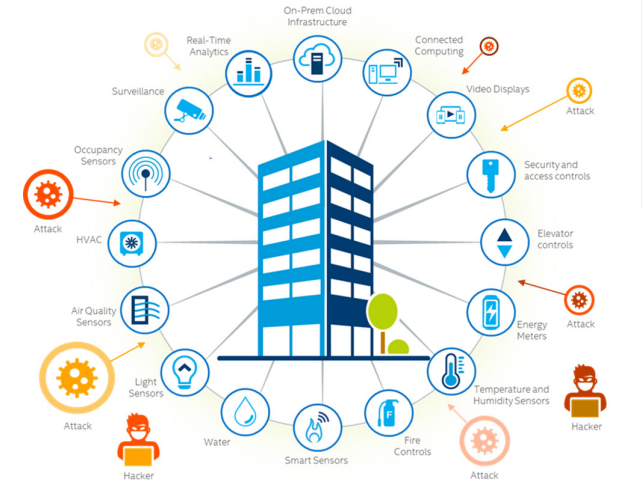
Smart Buildings: Develop algorithms to optimize energy consumption and control HVAC systems in real-time.
Structural Simulations: Use finite element analysis (FEA) software to simulate and model building stresses under extreme conditions.
Digital Twins: Create virtual models of physical buildings for monitoring, diagnostics, and predictive maintenance.
2. Chemical and Biological Engineering#

Reaction Simulations: Code models to simulate chemical reactions, optimizing yields and reducing waste.
Bioprocess Engineering: Use machine learning to optimize fermentation processes or cell culture conditions.
Drug Discovery: Write computational scripts for molecular docking and analyzing protein-ligand interactions.
3. Civil and Architectural Engineering#
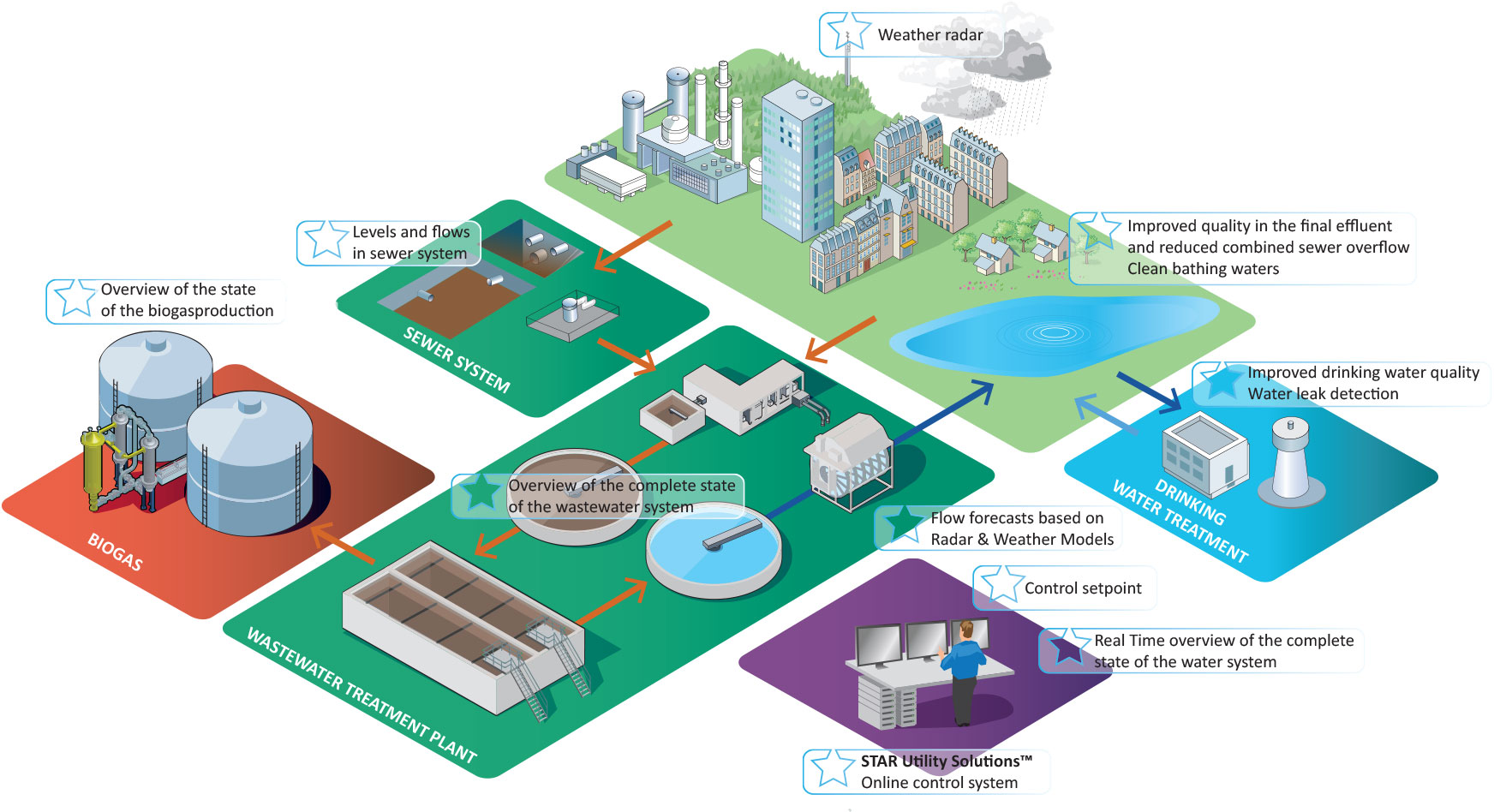
Infrastructure Monitoring: Design systems to process IoT data for real-time bridge and building health monitoring.
Traffic Flow Optimization: Program simulations to optimize urban traffic patterns and reduce congestion.
Water Treatment Models: Develop software for simulating contaminant removal in water treatment plants.
4. Computer and Electrical Engineering#
Embedded Systems: Program microcontrollers for robotics, IoT devices, and wearables.
Signal Processing: Use Python to analyze and filter complex signals in communication systems.
Renewable Energy: Create control algorithms for optimizing power output in solar and wind farms.
5. Mechanical Engineering#
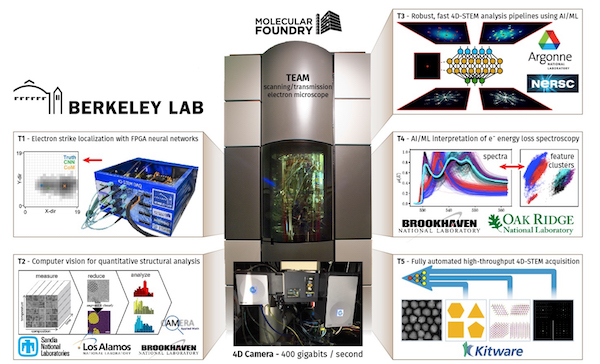
Robotics: Write control software for autonomous robots, including path planning and real-time decision-making.
Thermal Simulations: Develop models for heat transfer in mechanical systems, improving energy efficiency.
Additive Manufacturing: Automate 3D printing workflows and optimize material usage with custom scripts.
6. Materials Science and Engineering#
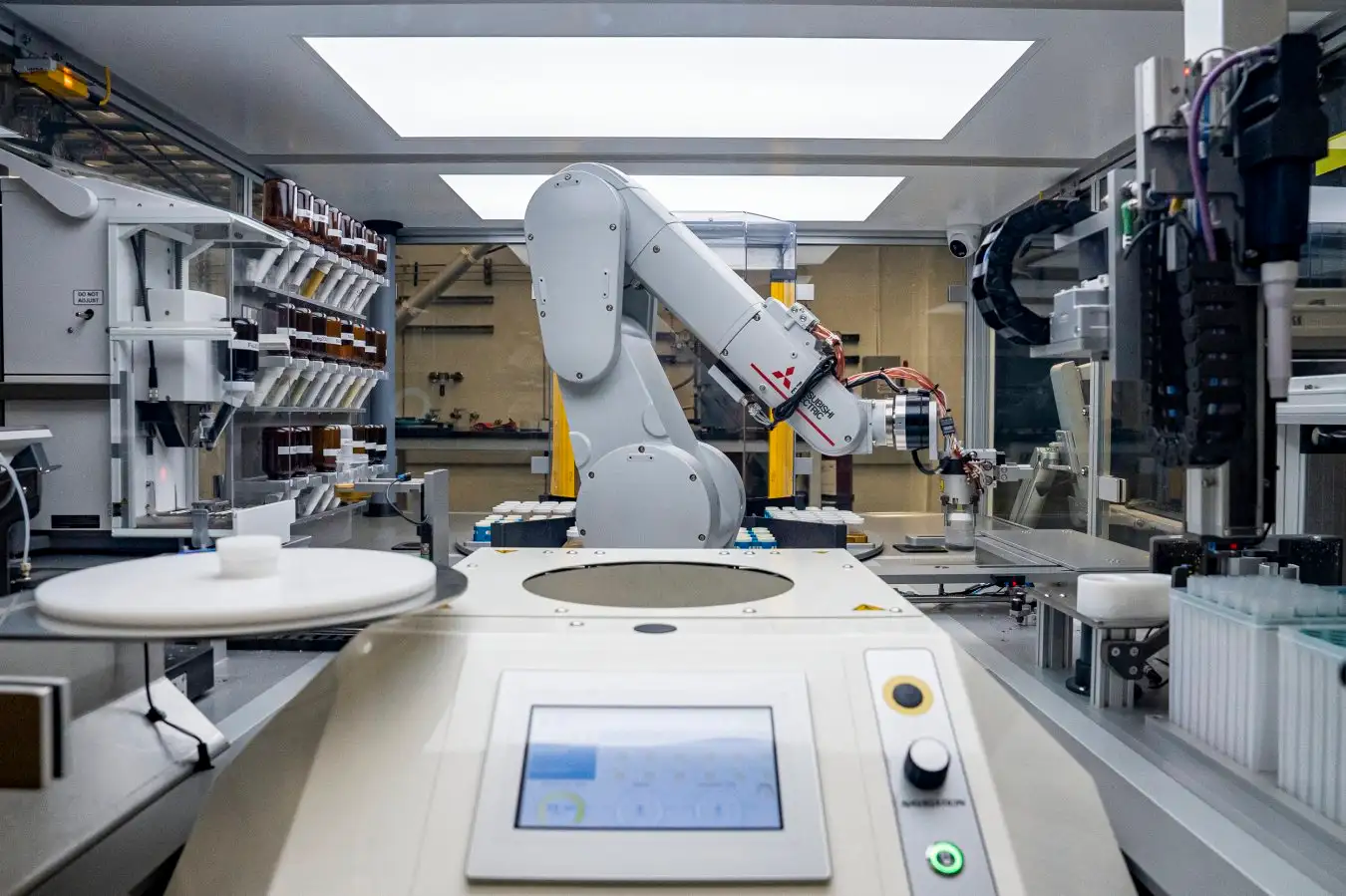
Materials Discovery: Use machine learning to identify promising materials for energy storage, semiconductors, or biomaterials.
Microscopy Image Analysis: Automate the analysis of electron microscopy data to identify material defects or structures.
Computational Materials Science: Simulate molecular dynamics to predict material properties.
7. Environmental Engineering#
Climate Modeling: Write scripts to analyze climate data and predict long-term environmental trends.
Wastewater Treatment: Develop algorithms to optimize chemical dosing in treatment plants.
Air Quality Monitoring: Process large datasets from sensors to identify pollution trends and hotspots.
8. Biomedical Engineering#
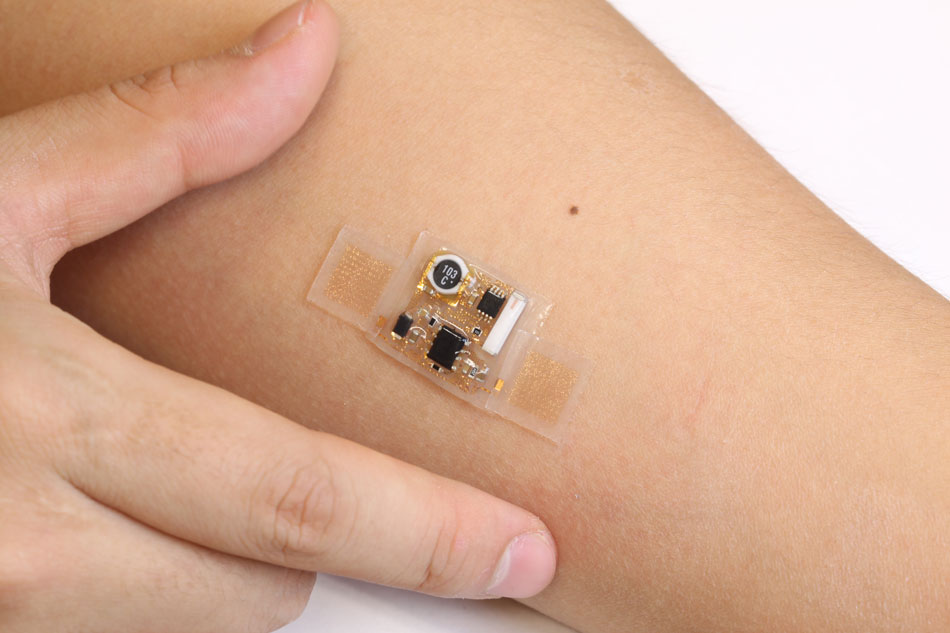
Medical Imaging: Program tools for analyzing MRI or CT scan images, aiding in diagnostics.
Prosthetics and Wearables: Write software to interface with sensors and motors in assistive devices.
Bioinformatics: Analyze genomic data to uncover patterns linked to diseases or traits.
9. Systems Engineering#
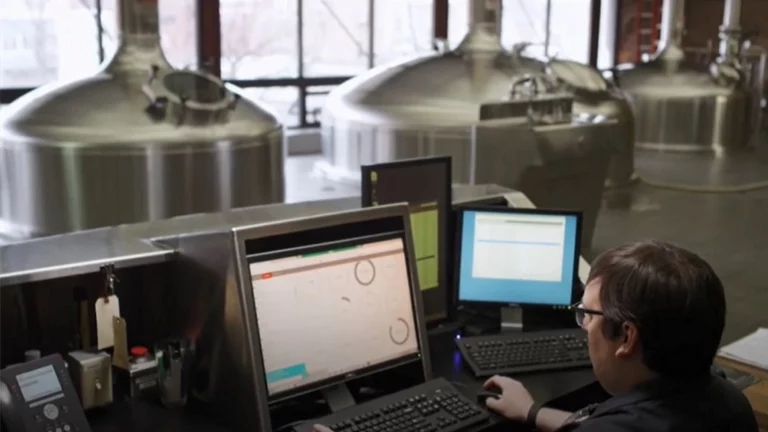
Process Optimization: Automate manufacturing workflows and logistics to minimize downtime and maximize efficiency.
Predictive Maintenance: Write algorithms that analyze sensor data to predict equipment failures.
Control Systems: Code simulations for complex systems like power grids or manufacturing plants.
10. Engineering Management#

Data-Driven Decisions: Develop dashboards that integrate real-time project data for informed decision-making.
Risk Analysis: Automate Monte Carlo simulations to assess project risks and cost implications.
Workflow Optimization: Build custom tools to streamline project management and resource allocation.
11. Drexel’s Cross-Departmental Initiatives#

Smart Cities: Collaborate on interdisciplinary projects combining civil, electrical, and environmental engineering to design future-ready urban spaces.
AI in Engineering: Apply machine learning models to optimize processes in fields like mechanical design, material discovery, and biomedical diagnostics.
Sustainable Energy Systems: Integrate programming to model and design next-generation energy solutions.
Programming: The Engineer’s Edge#
Programming equips engineers across all disciplines to:
Solve complex, real-world problems.
Simulate and optimize systems for peak performance.
Leverage big data and AI to drive innovation.
At Drexel University, programming is more than a tool—it’s the gateway to engineering the future. Let’s start building it together!
